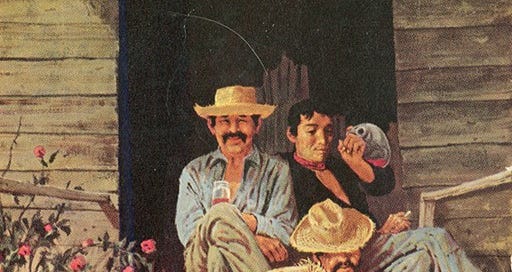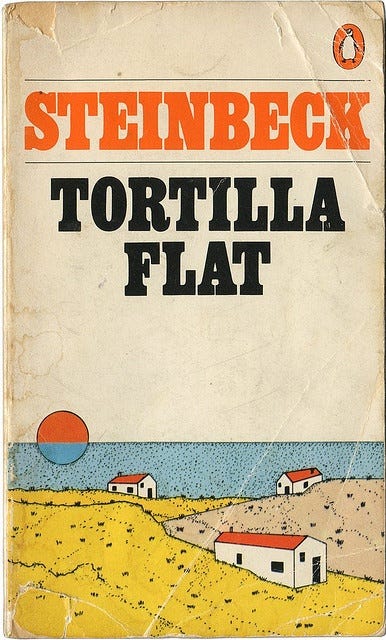Plato divided human nature into three key components. The epithumia — associated with the belly — was the desire for food, sex, and animal comforts. The Thumos — associated with the heart — was what spawned honor, pride, aggression, and other such sentiments. Then there was Nous — associated with the head and mind — which sought out knowledge, philosophy, and wisdom.
Naturally, he also considered this tripartite as the hierarchical basis of an ideal society. Epithumia the working class, Thumos the defending class, and Nous corresponding to its philosopher elites.
Such a system for a perfect society overlooks one obvious flaw, however. Every member of every class has, after all, an Epithumia, Thumos, and Nous. Everyones got a belly and a heart and a mind—as well as all the impulses these represent. Thus, no platonic class can wholly correspond to the natural component they are intended to represent. The defender class have their own reasoning systems, and its philosophers-nobles have their own animal desires. So too, do its Epithumia — the class concerned with sex, comfort, and leisure — have hearts and minds. Whatever their position within a social hierarchy and primary desires, they still dream, ponder, clash, and hold ideals of what is virtuous and how it must be defended. This is what Tortilla Flat is about.
To clarify, Tortilla Flat is not a philosophical book. It’s fun, whimsical, and easy reading. It is about a Paisano named Danny and his gang of friends getting into silly (and usually drunken) adventures in Monterey, California; sometime in the early 1920s. Their reasons for doing so range from wine, to women, to treasure, and back to wine. They are men who like leisure, sex and drink, but they are not just that. Danny and his gang almost never work, and always prefer to rob when they can. But they do not rob just because they can. When honor demands it, they fight violently to defend the possessions of others even when it involves risk and abnegation on their part. They take in the poor, starving, and dimwitted, without any thought of their own meager means, and are only concerned with the fact that doing so is the right thing to do.
This is key to Tortilla Flat, and what makes it so charming. It follows what are by all accounts lazy drunkards with no great aspirations —they’ve got, to borrow a term from Jack Kerouac, the fellaheen feeling: “[the] timeless gayety of people not involved in great cultural and civilization issues”.
Danny and co. may hold no desire for greatness, or even a modicum of achievement, yet they possess all the virtue and flaws of humanity all the same. They are philosophical, prideful, romantic, and philanthropic. Even in their humble lives as vagrants all the drama of the human spirit can still play out. No life is less interesting for its lack of grandeur in Tortilla Flat. Everyone is a complete person, and their adventures are worthwhile because of it.





Love this, Ben. Sounds like a very sympathetic story about characters the world would not normally give a lot of sympathy to. It has gone on the to-read list!